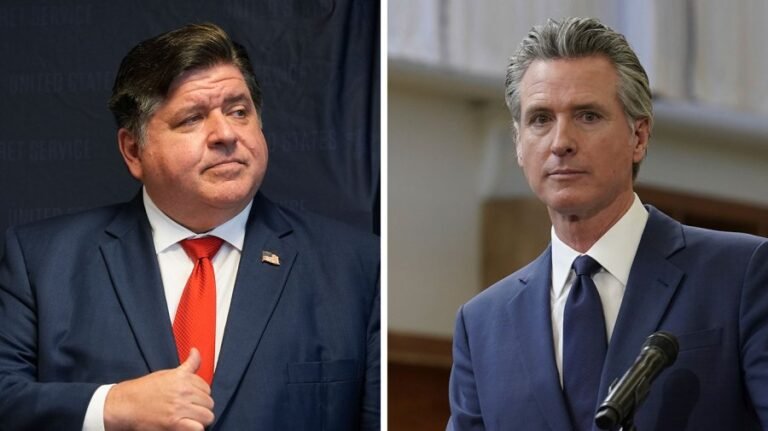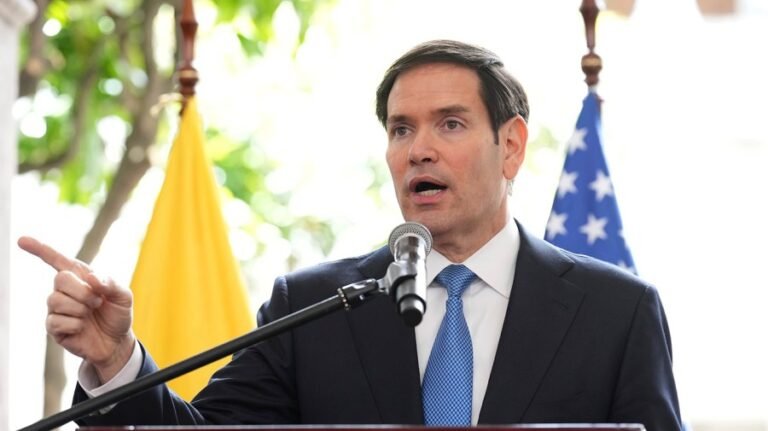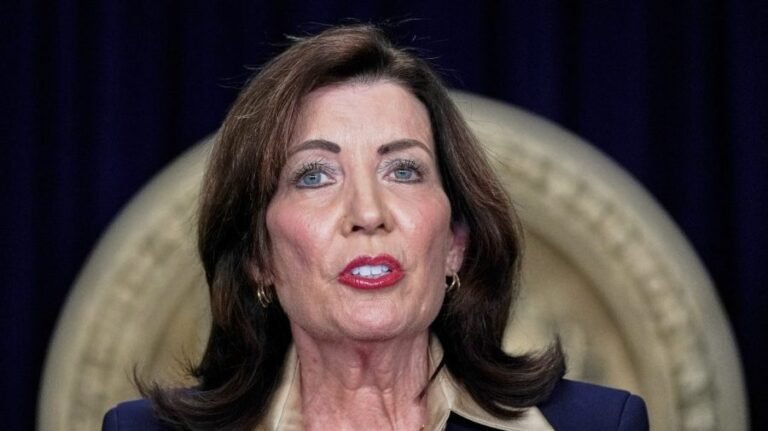
The numbers are stark and undeniable. New research from The Lancet projects that as PEPFAR, the President’s Emergency Plan for AIDS Relief, hangs in political limbo, the world will see 4.43 to 10.75 million additional HIV infections and up to 2.93 million HIV-related deaths by 2030. Broader USAID cuts could contribute to 14 million deaths globally, with 500,000 children dying from AIDS and 2.8 million experiencing orphanhood.
These projections represent more than human tragedy. They signal the systematic destruction of America’s most successful foreign policy program and reveal a massive strategic opening that corporate America can no longer afford to ignore. To that end, American companies face a choice that will define the next generation of business strategy: treat global health as someone else’s responsibility, or recognize it as the ultimate market creation opportunity disguised as humanitarian work.
Here is what policymakers miss when they view global health spending as charity: every life saved represents a future consumer. Every community protected from disease becomes an emerging market. Every child who survives to adulthood thanks to health interventions contributes decades of potential economic participation. The healthy 25-year-old in Lagos will participate in the economy, buying consumer goods and utilizing banking services. Now multiply that individual impact across millions of lives that strategic corporate health investments could save. The market creation potential becomes staggering.
But the Lancet’s projection of 10.75 million new HIV infections threatens the collapse of consumer bases that American companies have spent decades cultivating. This matters especially in sub-Saharan Africa, where 70 percent of the population is under 30 — the largest emerging consumer base in human history. Whereas Washington’s retreat signals American government unreliability, corporate health leadership offers something governments can’t: consistency across political cycles and genuine long-term thinking.
More critically, it positions American companies to capture emerging market loyalty before competitors like Chinese state enterprises fill the vacuum left by America’s political dysfunction.
The blueprint for corporate health diplomacy already exists. We just need to scale it.
Coca-Cola’s Project Last Mile demonstrates how corporate supply chains can revolutionize health delivery systems. The company leveraged its distribution network to deliver life-saving medicines across Africa, creating infrastructure that benefits both public health and long-term market development.
Pharmaceutical giants like Pfizer, Merck and Abbott should consider similar partnerships to create what we might call “Corporate PEPFAR,” picking up where government programs leave off. Not only would this maintain health care gains, it would earn the kind of consumer trust that translates into generational market advantage.
Johnson & Johnson’s Global Public Health Strategy aimed to “triple the number of salaried community health workers in 12 African countries.” This created a shared story of human potential while growing a local professional class capable of safely delivering J&J’s solutions.
The collective dream of shared progress builds brand loyalty, but the reality of lowered long-term business risks makes money. Companies that deliver hope and vision (think Steve Jobs and Apple) create bonds that extend far beyond individual transactions.
Global presence that sets agendas: Microsoft exemplifies how health investments create platforms for broader influence. Their digital health partnerships across Africa and Asia give them credible authority to champion AI health care transformation at forums like the World Economic Forum, effectively setting global technology priorities.
When CEOs arrive at international summits highlighting their health partnerships, yes, they are just showcasing corporate social responsibility, but they’re also establishing themselves as authorities on challenges facing their key markets while building stakeholder relationships that protect and advance long-term business interests.
America’s retreat from global health leadership creates an unprecedented opportunity for corporate America to demonstrate what consistent, strategic thinking looks like. Whereas government programs come and go with election cycles, corporate presence offers something invaluable: reliability.
The companies that step up now won’t just avoid the costs of global health collapse — they’ll also capture the benefits of unprecedented market creation while competitors wait for Washington to lead.
This shift represents a business strategy that incorporates a long-term vision of how America shows up on the global stage. Will it be the America of political dysfunction and abandoned commitments, or the America of innovation, consistency and long-term vision embodied by its most successful companies?
The choice facing corporate leaders isn’t whether they can afford to treat global health as someone else’s responsibility. The choice is whether they want to own tomorrow’s markets or watch competitors claim them.
In a world where traditional American soft power is in retreat, corporate health diplomacy offers a path forward that serves both humanitarian goals and business interests. The companies smart enough to see this opportunity won’t just save lives — they’ll secure market position for generations to come.
Lindsay Singleton is the founder of Singularity Public Affairs, former diplomat and expert in corporate social impact.


